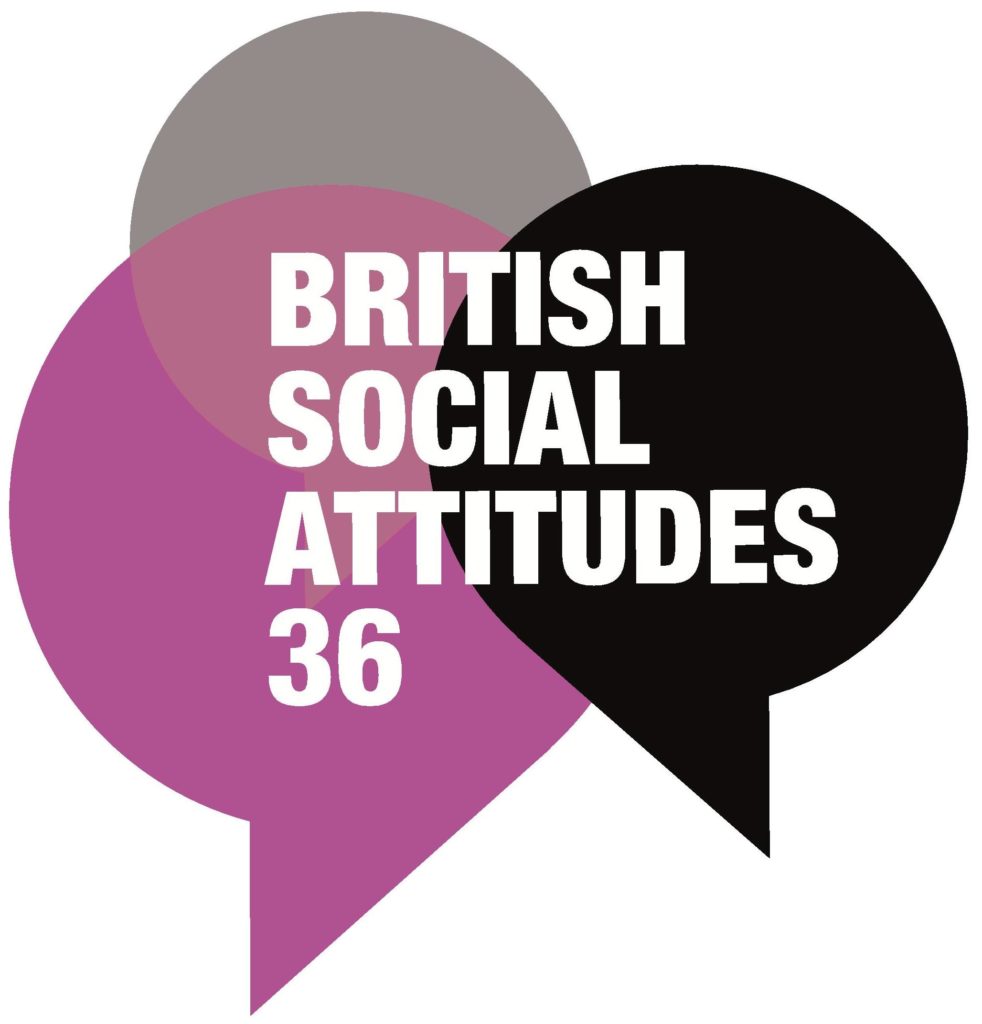
Just a few gleanings from the latest British Social Attitudes Survey (2019 edition), the full report from which you can find here. It is interesting to see how the public responds to the various questions – but you should not expect logical consistency,
In the section “Women and Work” the question was asked, “How right or wrong do you think it is for men to be paid more than women in a large company where most of the senior jobs are done by men and most of the junior jobs are done by women?“.
The question is impossible to answer, as phrased, because to determine the fairness or unfairness of the situation described depends upon factors not specified. Consequently, people will respond according to how they arbitrarily fill-in this missing information with some assumption. The survey answers therefore measure the nature of respondents’ assumptions, rather than relating to the scenario itself. One might almost say that the question will elicit responses which measure how successfully people have been brainwashed to interpret the scenario in a particular way.
You will not be amazed to learn that respondents of both sexes more often labelled the scenario “wrong” rather than “right”, though this was marginal for men (38% cf 35%) but clearer for women (48% cf 28%). [See Table 9 of the “Women and Work” section]. Nevertheless, there is a large minority who refuse abject PC conformity, encouragingly.
The amusing inconsistency arises in the contrast between that question and questions relating to child care and parental leave. Table 1 in the “Women and Work” section relates to the option to share paid parental leave, and who should take it. It asks the question, “What is your view on how paid leave following the birth of a child should be divided between the mother and the father?“. Of those who responded, 60% opined that the mother should take all or most of the paid leave, whilst no one (to within rounding) thought that the father should take all or most of the paid leave.
Table 2 in the same section asks, “What is your view on the best way for a family with a child under school age to organise family and work life?“. Of those who answered the question, 86% thought the father should work full time. Of those who answered the question, 77% thought the father should work more hours than the mother, i.e., the father working full time whilst the mother either stayed at home or worked part-time. To within rounding, no one thought the father should be the stay-at-home parent, and no one thought the father should work only part-time if the mother was working full time.
To be consistent (which people generally are not) the attitude to the questions in Tables 1 and 2 should inform the response to the question in Table 9, above (i.e., the scenario of better paid men in a company where men occupy most senior jobs). You can fill in the blanks yourself without me labouring the point.
Another example of respondents’ inconsistency over equality-of-outcome is found in the section “Poverty and Inequality”, Table 4. 53% of respondents agreed that large differences in income were acceptable to reward talents and effort, compared with 26% who disagreed. On the face of it that’s a vote against equality-of-outcome. But in surveys, the way the question is asked is everything. A second question asked whether, in a fair society, differences in standard of living should be small: 55% agreed whilst 21% disagreed. So, you can get a vote in favour of equality-of-outcome as long as you phrase the question right.
The golden rule here is that people will tend to vote for what appeals to their sense of “being nice”. In the first question, it was nice to reward talent and effort. In the second question it was nice to give everyone a similar standard of living. People are not greatly concerned about consistency.
Incidentally, the response to equality-of-outcome type questions aligned with Conservative or Labour sympathies in the expected manner. Only 14% of Conservatives disagreed that large differences in income were acceptable to reward talent and effort, whilst 42% of Labour supporters disagreed. Conversely, 70% of Labour supporters agreed that, for a fair society, differences in standard of living should be small, compared with only 41% of Conservatives.
Is it just me, or is there far less of interest in the latest British Social Attitudes Survey than there has been in the past? Are the questions too geared to elicit PC responses? I haven’t closely examined the matter, but I suspect so.